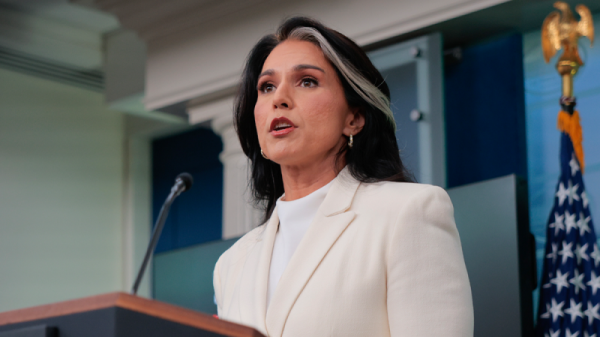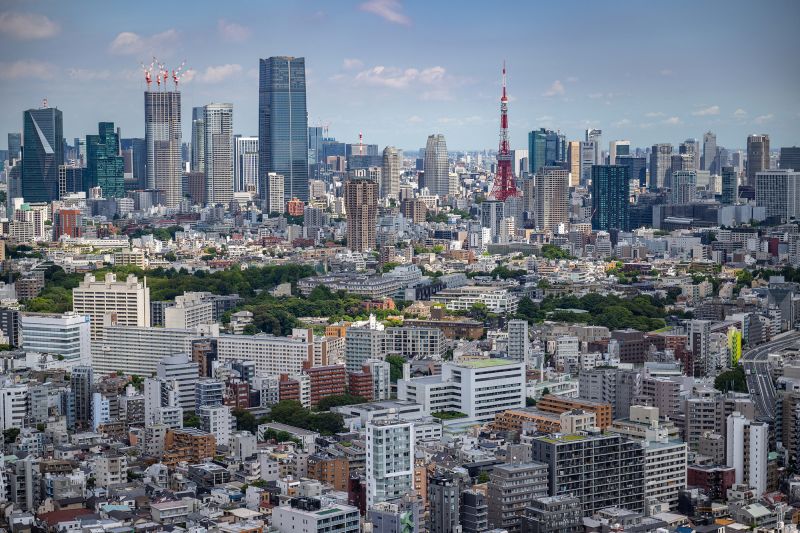The number of newborns in Japan is decreasing faster than projected, with the number of annual births falling to another record low last year, according to government data released Wednesday.
The health ministry said 686,061 babies were born in Japan in 2024, a drop of 5.7% on the previous year and the first time the number of newborns fell below 700,000 since records began in 1899. It’s the 16th straight year of decline.
It’s about one-quarter of the peak of 2.7 million births in 1949 during the postwar baby boom.
The data in a country of rapidly aging and shrinking population adds to concern about the sustainability of the economy and national security at a time it seeks to increase defense spending.
Prime Minister Shigeru Ishiba has described the situation as “a silent emergency” and has promised to promote more flexible working environment and other measures that would help married couples to balance work and parenting, especially in rural areas where family values tend to be more conservative and harder on women.
Japan is one of a number of east Asian countries grappling with falling birth rates and an aging population. South Korea and China have fought for years to encourage families to have more children. Also on Wednesday, Vietnam scrapped decades-old laws limiting families to two children in an effort to stem falling birth rates.
The health ministry’s latest data showed that Japan’s fertility rate – the average number of babies a woman is expected to have in her lifetime – also fell to a new low of 1.15 in 2024, from 1.2 a year earlier. The number of marriages was slightly up, to 485,063 couples, but the downtrend since the 1970s remains unchanged.
Experts say the government’s measures have not addressed a growing number of young people reluctant to marry, largely focusing on already married couples.
The younger generation are increasingly reluctant to marry or have children due to bleak job prospects, a high cost of living and a gender-biased corporate culture that adds extra burdens for women and working mothers, experts say.
A growing number of women also cite pressure to take their husband’s surname as a reason for their reluctance to marry. Under Japanese law, couples must choose a single surname to marry.
Japan’s population of about 124 million people is projected to fall to 87 million by 2070, with 40% of the population over 65.






































